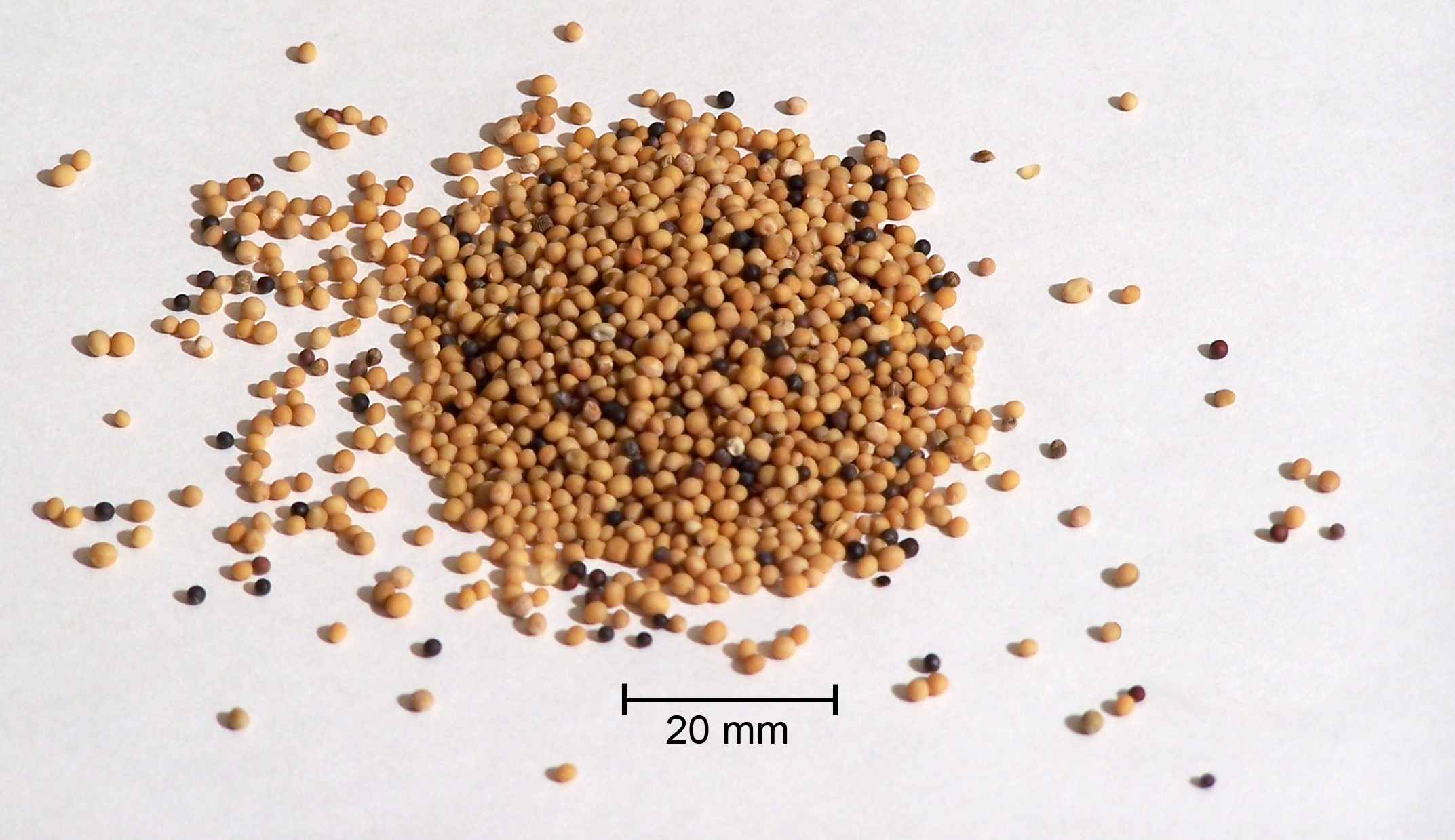What does it take to “cut the mustard”?
We all have hopes and dreams, visions and goals. But the journey to accomplishing our goals, seeing our dreams fulfilled, or receiving a promise, can take years. Many people start the journey strong, but often, just short of the finish line, they run out of steam and give up. If we’re going to stay on course — and reach our goals — we need to be fueled by faith: an unshakeable belief in the God of Abraham, Isaac and Israel; an abiding trust in His goodness and lovingkindness; and a resolute confidence in His ability and willingness to fulfill His promises.
 “…Faith is the reality of what is hoped for….” (Hebrews 11:1 Holman CSB) In other words, faith is treating God’s promises as a “done deal” — despite our circumstances or any obstacles, and regardless of what other people say.
“…Faith is the reality of what is hoped for….” (Hebrews 11:1 Holman CSB) In other words, faith is treating God’s promises as a “done deal” — despite our circumstances or any obstacles, and regardless of what other people say.
But how much faith is enough? Jesus said, “…If you have faith the size of a mustard seed, you will say to this mountain, ‘Move from here to there,’ and it will move; and nothing will be impossible to you.” (Matthew 17:20 NASB) To fully understand this verse we return now to the kitchen, that endless source of wisdom and inspiration.
Mustard seeds are among the tiniest in the plant kingdom, usually about 1 millimeter in diameter, smaller than this asterisk: * ! And yet, each edible seed is packed with a strong spicy flavor. When properly planted, these small and seemingly insignificant seeds, grow in size and strength, producing the largest of garden plants, with tasty leaves. There are three major types of seeds, black mustard, brown Indian mustard, and white mustard.
When the seeds are ground, the resultant powder is a potent spice that enhances many dishes. The English name mustard is derived from a Latin word meaning burning must. “Must” is the young, unfermented juice of wine grapes, and “burning must” refers to the spicy heat of mustard seeds that have been ground and mixed with a little wine to create a sauce.

But in latter days, mustard was simply used to spice up dishes that needed … well … spicing up! And it’s been called a “food deodorant,” also, because it can mask any unpleasant taste of what the cook happens to be dishing out. Pope John XII was so fond of mustard that he created a new Vatican position, Grand mustard-maker to the Pope. He then promptly filled the post with his nephew. (Was this the historical origin of nepotism?)
So, when Jesus spoke of mustard-seed faith, our Lord couldn’t have drawn a better comparison: a tiny bit of faith can produce huge results; faith is potent; it can soothe us in times of misery and heartache; it helps us endure the unpleasantness of trials, and “deodorize” any circumstances of life that may stink! When it comes to Faith — just like mustard — a little dab goes a long ways.
“But what if I don’t have even a little dab of faith?” Yes, you do. You already have plenty of faith: “For by the grace given to me, I tell everyone among you not to think of himself more highly than he should think. Instead, think sensibly, as God has distributed a measure of faith to each one.” (Romans 12:3 Holman CSB) Would God ask you to put your faith into Him, without first giving you faith? Nah! God has given us everything we need to believe in Him and do his will.

But we must activate our faith: One way we do this is by reading and listening to the Word of God. The historical account of His faithfulness to us, of His mercy and lovingkindness, of His miracles, encourages us and feeds our faith. “…Faith comes by hearing, and hearing by the word of God.” (Romans 10:17 King James 2000) And by fellowshipping with other believers. “…Encourage one another and build each other up….” (1 Thessalonians 5:11 NIV)
And by talking to God. Yes, we call this prayer, but that’s just a fancy word for sharing your thoughts, concerns, and problems with the Lord — in the same way you’d share with a really close friend, someone you totally trust and can confide in. We can trust and confide in our Heavenly Father; we can have total faith in our invisible God. No, we can’t see Him, but He’s there by our side at all times! (John 15:15) That’s faith!
